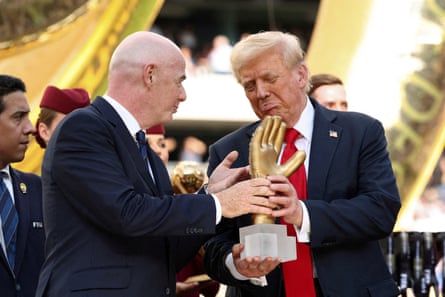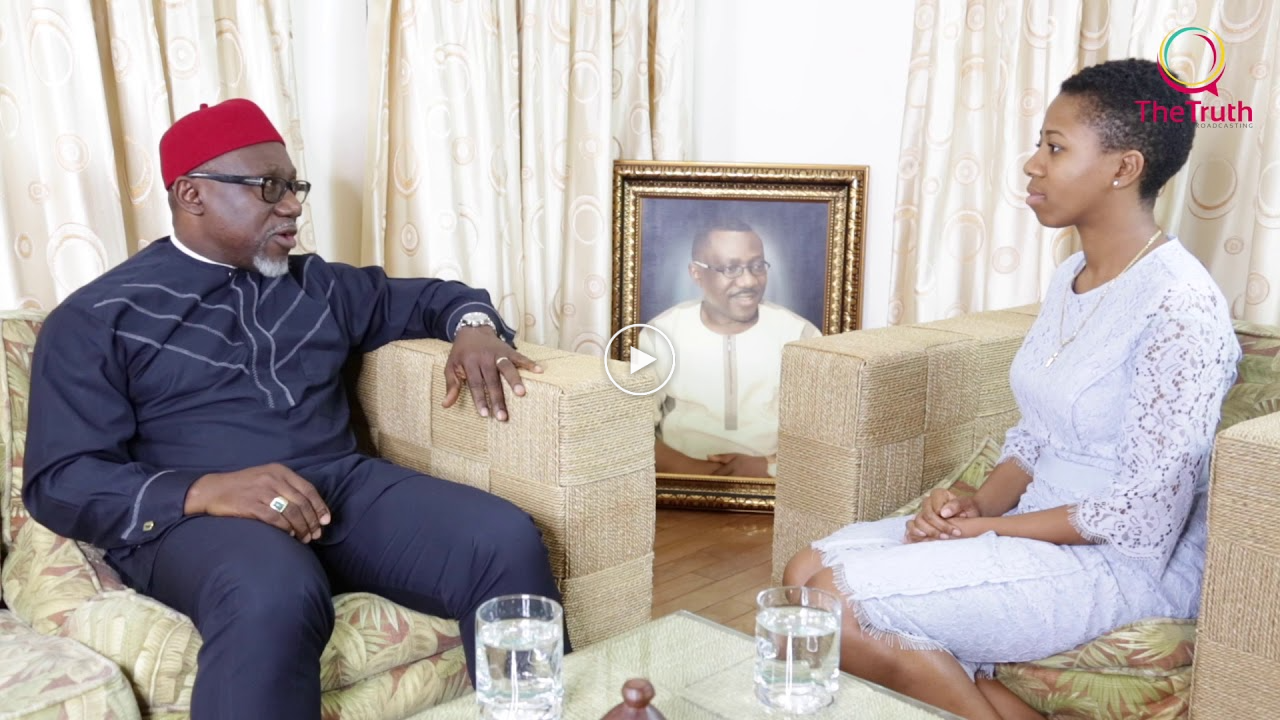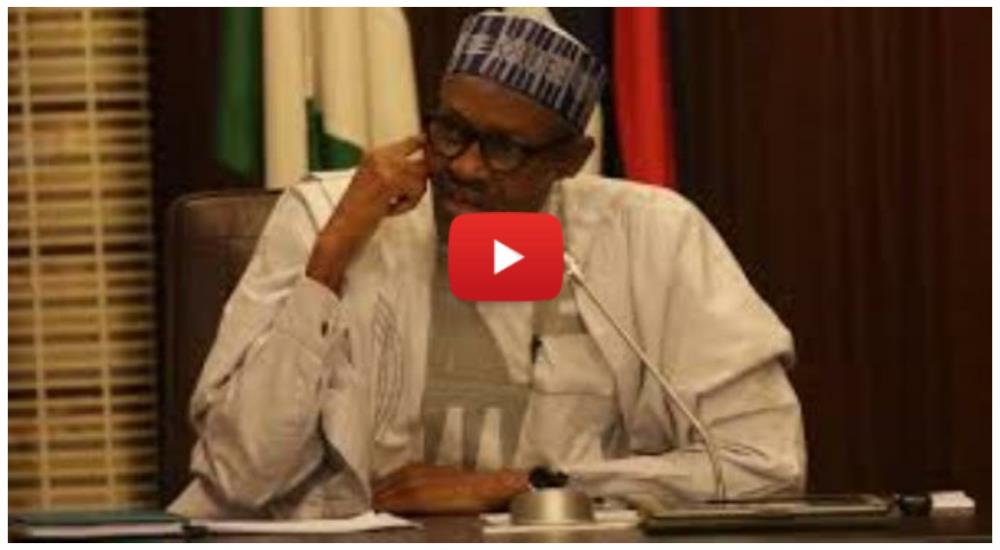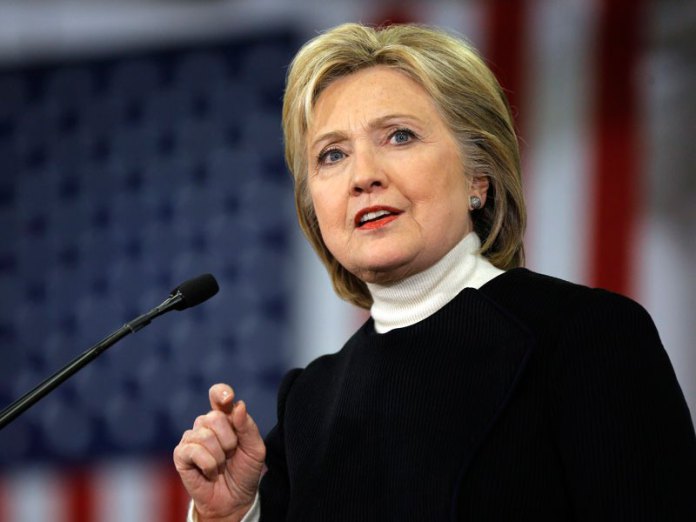Uefa backs off overseas league fixtures but the struggle for power goes on | Paul MacInnes
Never underestimate the attraction of a good can-kick. That would appear to be the message coming out of Tirana on Thursday when Uefa announced it had not taken the epochal decision on overseas league fixtures that the world of football had anticipated. Instead, the executive committee decided it would embark on a round of consultation, one that would even take in the considerations of supporters to boot.
This is likely a sensible decision. There has been a fair amount of surprise in some quarters that the question of whether and by how much football leagues should be allowed to move from domestic to international is only now being properly debated in the corridors of power. After all, the first writ in this debate was served by the promoter Relevent against the United States Soccer Federation in 2019. Only with the prospect of La Liga staging a fixture between Barcelona and Villarreal in Miami as soon as December has the issue come into focus. But to have discussion at all will be regarded by many as better late than never. It is also a break with the current way of doing things.
Fifa’s Club World Cup, the biggest and most disruptive new development in the game for some time, is largely viewed as having come about as the result of one man’s determination to drive change (that man being Gianni Infantino). The process Fifa undertook to establish the tournament has, however, led to legal action and no small amount of rancour over a claimed lack of consultation with competition organisers. (It should be noted there has been less complaint from clubs, some of whom pocketed tens of millions of dollars for taking part.) In this instance, by contrast, Uefa appears to have opted for jaw jaw rather than war war.
The president of Uefa, Aleksander Ceferin, flagged this possible direction in an interview conducted before the Champions League draw in Monaco last month. Asked about the plan for overseas fixtures by Politico, Ceferin said: “We’re not happy but, as much as we checked legally, we don’t have much space here, if the federation agrees, and both federations agreed. But I think that for the future we’ll have to discuss this very seriously, because … fans should watch football at home … We will open this discussion also with Fifa, and with all the federations, because I don’t think it’s a good thing.”
If Uefa’s presumably well-remunerated lawyers weren’t wildly wrong in their calculations then deferral with a chance of dialogue was perhaps the best option Uefa could plump for in the short term. It may best serve its interests in the longer term too. With the contest to control the future of the world’s most popular sport continuing to heat up, it is possible to argue that Uefa is among the most vulnerable to any shift away from the current model of the men’s game. Its tournaments – the European Championship, the Nations League, even the Champions League – are likely to be the first to feel the squeeze should the international calendar take on even more matches in the medium term via changes such as a biennial Club World Cup. Faced with this position, being an organisation that is seen to be listening, and perhaps even collaborative, may well be a good idea.
In the Politico interview Ceferin drew a red line against a biennial Club World Cup, saying: “I wouldn’t agree with that, but I don’t think [Fifa] want to.” That last line goes against much of the reporting on the topic but was of a piece with a more emollient tone as Ceferin rolled back on remarks Uefa had made months before condemning Infantino’s “private political interests” after the Fifa’s president arrived late for his own Congress after touring the Gulf with Donald Trump. Ceferin told Politico the language used had been “a bit overemotional” and that relations with Fifa were “absolutely” in a better place.

Again with the conciliation, again another possible sign of where the balance of power lies. But by behaving constructively, by acting less as a rival and more as a facilitator, Uefa will find itself in tune with another player which could yet weigh in on the future of European football (and by extension the game as a whole): Brussels. The European courts are where much of the battles is being played out, with no ruling more consequential than that involving the European Super League, which questioned the ability of sports governing bodies to act as both regulator and competition organiser without the risk of “abusing” their “dominant position”. The European Commission, meanwhile, is taking more and more interest in ensuring the concept of a “European Sports Model” where open competition (ie promotion and relegation) runs alongside financial solidarity from the top to the bottom of the pyramid.
The European commissioner for intergenerational fairness, youth, culture and sport, Glenn Micallef, made the unusual decision to intervene in the debate over international fixtures last week, describing the plans as betraying supporters and putting the European Sports Model at risk. On Thursday, he spoke again, commending Uefa’s decision to pause and discuss. “This is the right and responsible way to do things; through inclusive dialogue and consultation,” he wrote on social media.
The Commission is the body that initiates Europe’s political direction and if it felt it necessary to intervene to protect the European Sports Model, it could. Such an action would likely throw the existing power structures in football up in the air and being on the right side of any such shift would be to any governing body’s advantage. If Ceferin’s remarks on the issue of international fixtures are correct, it may be we see such matches yet. But while it is unfortunate to lose some battles, sometimes they may help you in fighting a war.







